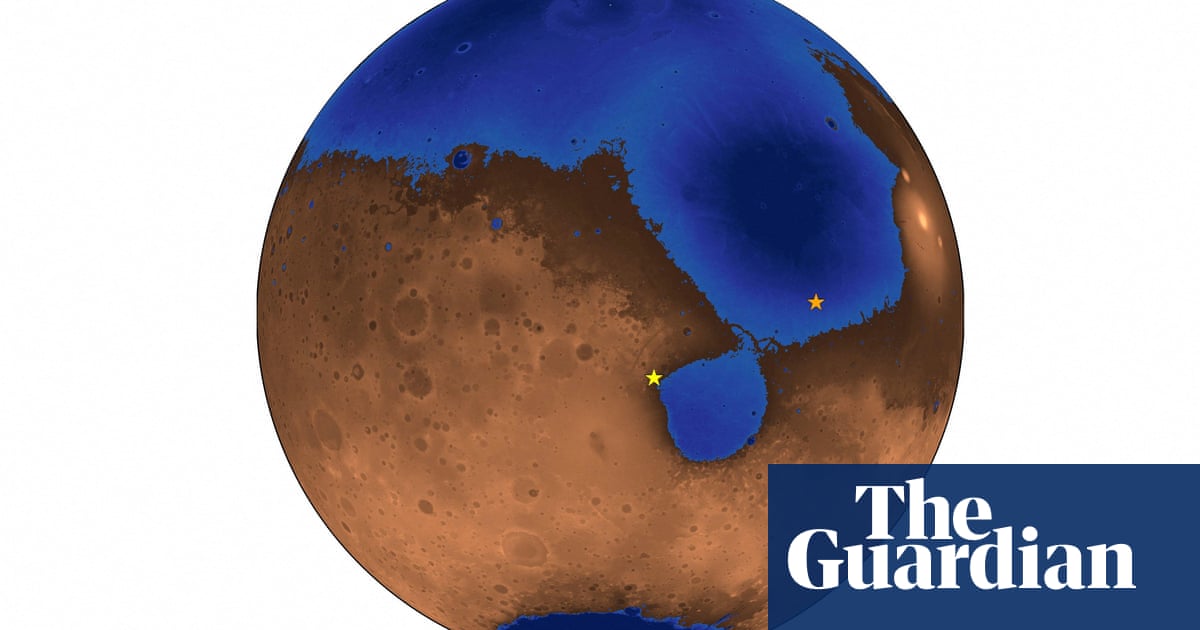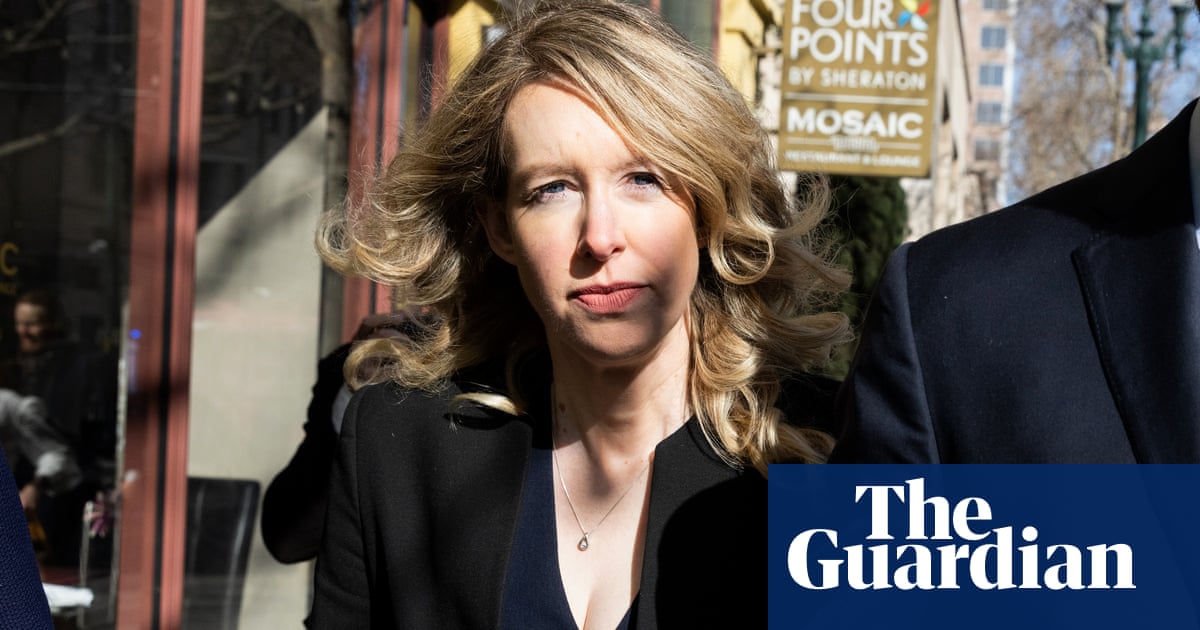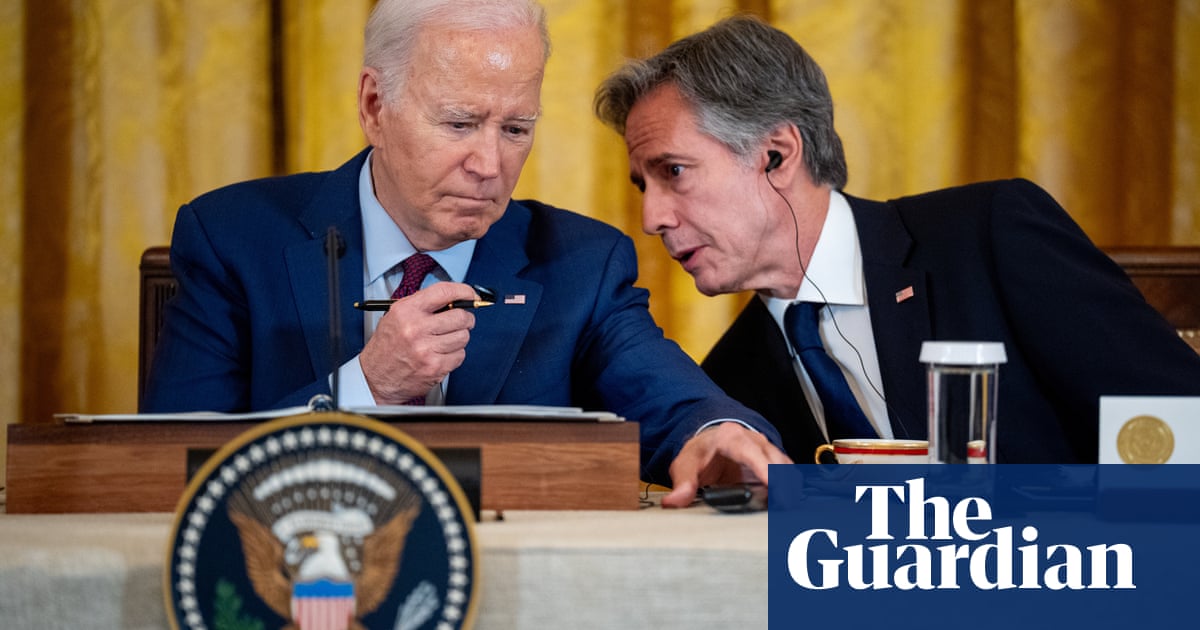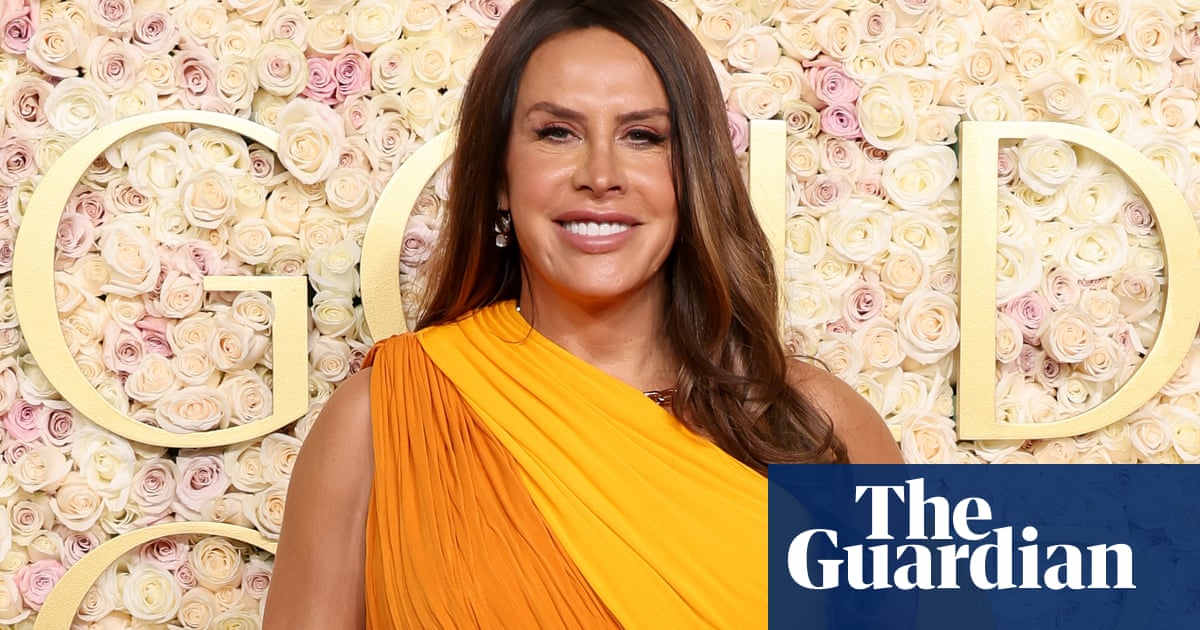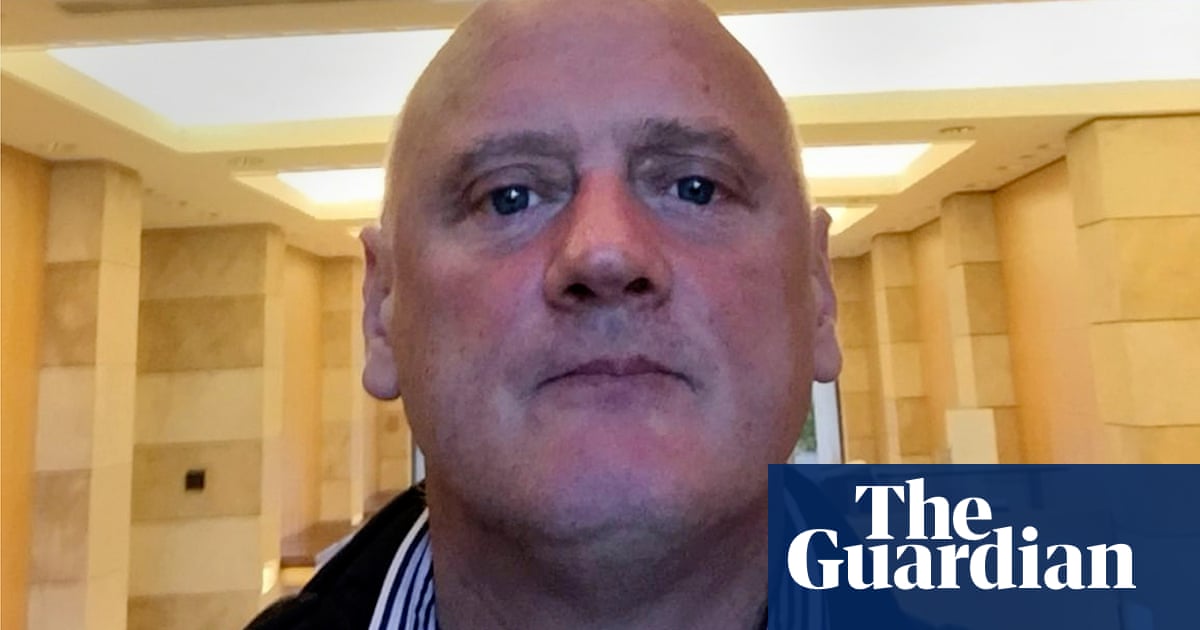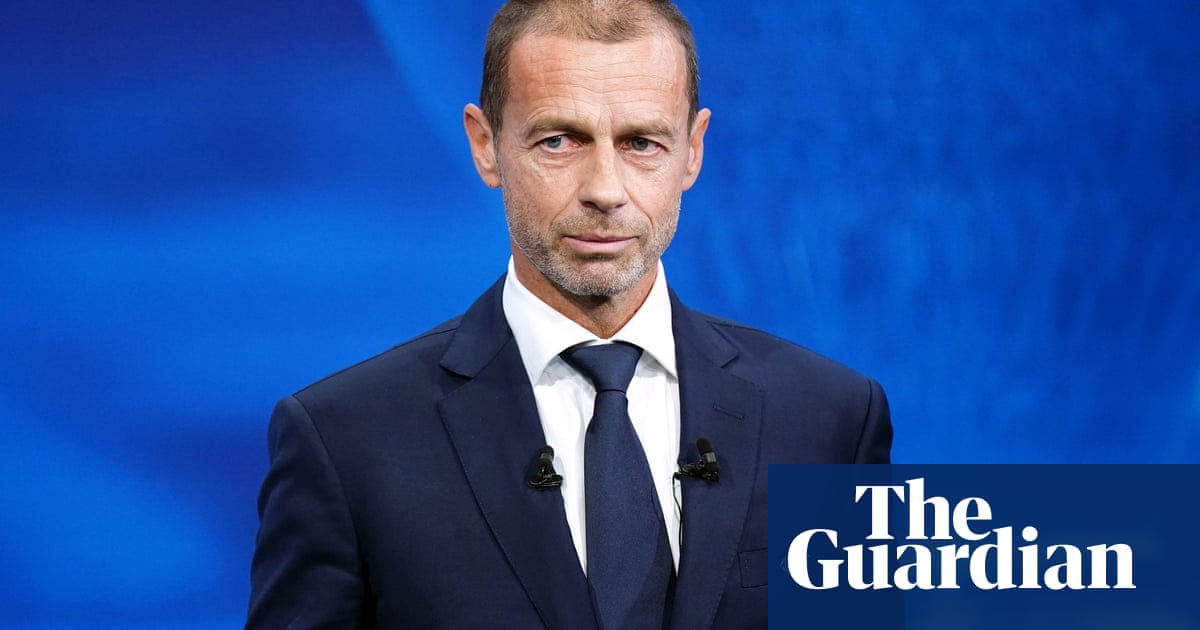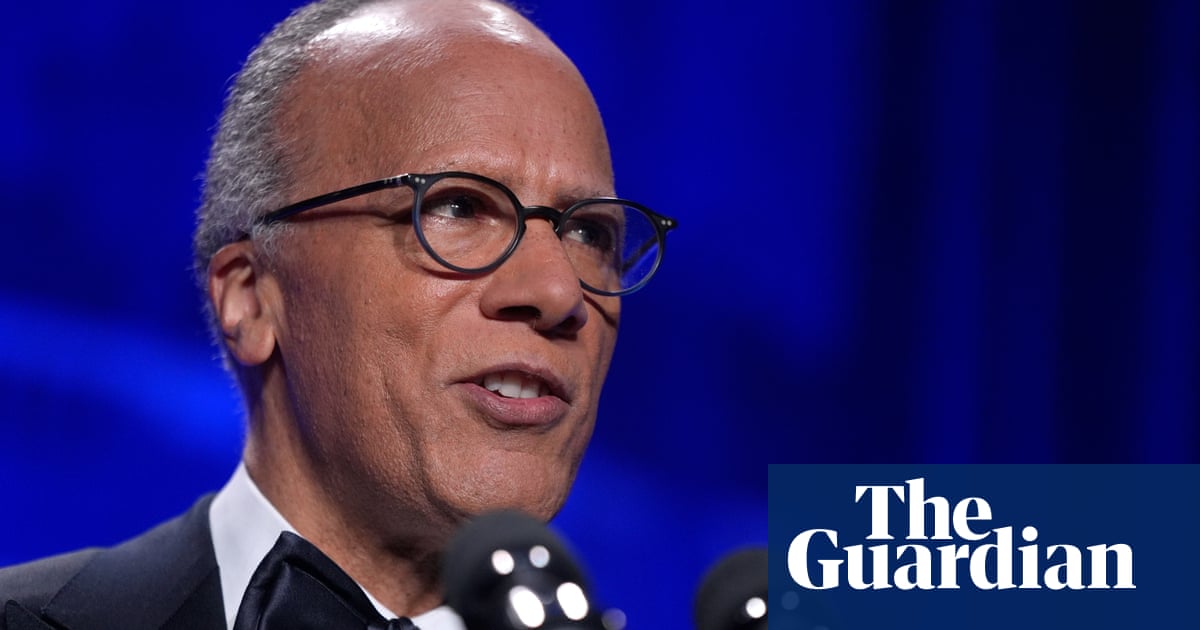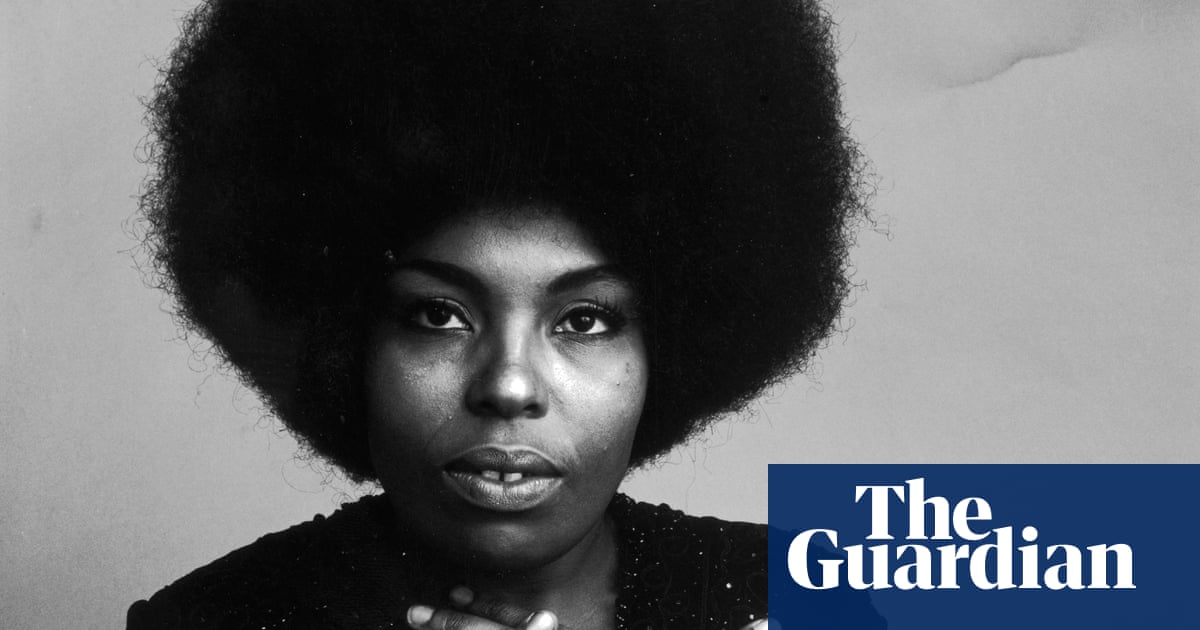The Jamaican government has taken its first step toward removing King Charles as head of state, presenting a bill in parliament to abolish the constitutional monarchy and transition the country to a republic.
Like many former British colonies, Jamaica retained the British monarch as its head of state after achieving independence in 1962. The monarch is represented in the country by a governor general.
Though the arrangement is mostly ceremonial and does not give Britain any say in Jamaica’s governance, it is often seen as a vestige of colonial rule. If the new legislation is passed, a Jamaican president will become the ceremonial head of state.
Jamaica’s minister of legal and constitutional affairs, Marlene Malahoo Forte, who presented the bill on Wednesday, said it was a response to an ongoing call from Jamaicans to change the constitution.
“Every year when we celebrate independence on August 6, the nation is invited to reflect on its achievements since independence and what remains to be done, and every year the question is asked when are we going to abolish the monarchy and have a Jamaican head of state,” she told the Guardian.
The bill will also have implications for the definition of Jamaican citizenship and the country’s political architecture, with the senate expanded “to include senators appointed independently of the political parties”.
The bill still has to go through several stages – including scrutiny by joint committees, a vote in parliament and a national referendum. It is expected to encounter hurdles as opposition parties have already raised concerns, including about its timing just ahead of a national elections next year and the absence of provisions to replace the UK-based privy council with the Caribbean court of justice as Jamaican’s highest court of appeal.
“We do not believe you can say that you’re fully decolonised if you still retain the privy council as your apex court. So you cannot leave the king but still have to petition him when you want justice to be delivered to your people – and the privy council as the apex court is an anachronism in this context,” said the senator Donna Scott-Mottley, spokesperson on justice for the main opposition, the People’s National party.
However, she added the opposition was looking forward to working “across the aisle” on the bill. “At the end of the day, this is not about political parties, it’s about our nation. It’s about our people and it’s about closing the full circle of independence for the people of our country,” she said.
Malahoo Forte said prime minister Andrew Holness’ administration had adopted a “phased reform approach” with “matters relating to the court set for the next phase”. She added: “For many years, a lot of work was done, but we have never progressed to getting the bill in parliament, and in order for the amendments to be made, a bill has to be tabled to alter the provisions of the constitution relating to the monarchy and those provisions have the deepest level of protection.”
On the streets of Kingston, people had mixed reactions to news about the bill.
“The [British are] really not doing anything substantial for our country, so it makes no sense to have them as head of state. Plus, we have it hard to go to England more than any country … so, by all means, do away with the monarchy,” said Maureen Brammer.
“I think it’s a good move … but I’m still hoping that we can still be in the Commonwealth,” said Marlene Daley.
But others were sceptical. “We have a lot of house cleaning matters to deal with before we can be a republic. The country is too corrupt,” D Simms said.
Another passerby, who wished to remain anonymous, said that the government is not ready for republicanism. “We got independence in 1962, and the only change is our money. Whether we remove the monarchy or not, the country won’t be better off.”
In the Caribbean, four of the 12 former colonies have transitioned to republicanism: Guyana, Trinidad and Tobago, Dominica and most recently Barbados. In recent times, the region has seen a shift in public reaction to British monarchs, with royals facing protests and demands for an apology for the horrors of transatlantic slavery when they visit Caribbean countries.
This follows the rise of a reparations movement, which became a hot-button issue during the Commonwealth Heads of Government meeting in Samoa in October, with African and Caribbean countries demanding that the 56-country grouping put the Caribbean Community’s 10-point plan for reparatory justice for enslavement on its agenda.
The director of the Centre for Reparation Research, Dr Sonjah Stanley Niaah, said the Jamaican bill was a step in the right direction.
“The tabling of this bill is an important signal that Jamaica is now committed to this process … We want to be able to support the advancement of true sovereignty, and I think this is what this move is about. That Jamaica is taking sovereignty seriously and sovereignty at the level of determining its own form of government,” she said.

 2 months ago
34
2 months ago
34

